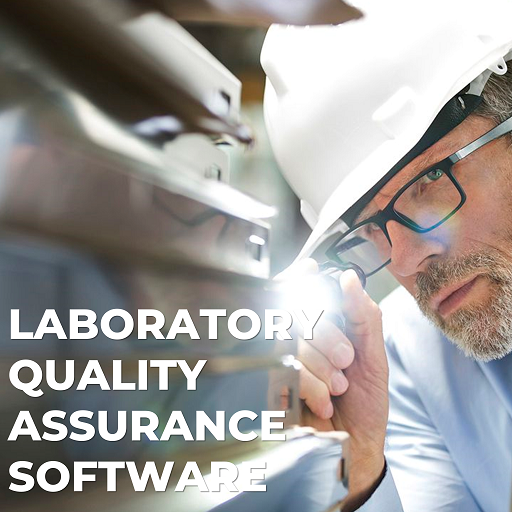How Laboratory Management Software Enhances Data Integrity Introduction In today’s digital era, laboratory management software plays a vital role in maintaining accuracy, transparency, and trust in laboratory operations. Whether it’s research, testing, or quality assurance, data integrity remains the backbone of reliable results. Laboratory management software ensures that every piece of data right from sample…
How Laboratory Information Management Software Enhances Traceability Introduction In modern labs, maintaining traceability across samples, processes, and results is essential. A laboratory information management software (LIMS) provides the digital backbone to achieve this. Unlike spreadsheets or manual records, LIMS connects every step — from sample registration to reporting — ensuring complete visibility. Whether in pharmaceuticals,…
How LIMS Software Improves Efficiency in Quality Control Labs Introduction In the high-pressure environment of modern quality control (QC) labs, accuracy and speed are non-negotiable. Laboratories face mounting challenges—from tighter regulatory compliance and rising sample volumes to growing data complexity. In this context, Laboratory Information Management System (LIMS) software has become a vital tool for…
Choosing the Right LIMS QC Software: A Buyer’s Guide Introduction In modern laboratories, managing samples, workflows, and compliance manually is no longer sustainable. As demands for accuracy, speed, and traceability grow, so does the need for a robust digital solution. That’s where choosing the right LIMS QC software guide becomes essential. This buyer’s guide will…
Building a Smart Lab: Role of IoT and Laboratory Software Introduction In today’s fast-paced research and quality-driven industries, traditional laboratories can no longer keep up with the demands for accuracy, efficiency, and compliance. Enter the era of smart labs—technology-integrated environments designed to boost productivity and data integrity. A key driver behind this transformation is the…
Best Practices for Implementing Quality Laboratory Software Introduction Adopting quality laboratory software can transform lab efficiency, data accuracy, and regulatory compliance. But a rushed or poorly planned implementation can cause more frustration than improvement. To truly unlock the value of your software investment, a structured and inclusive approach is key. In this blog, we’ll explore…
In today’s highly regulated industries, maintaining accurate records and ensuring compliance with standards is critical. Automated deviation tracking is a transformative solution for businesses looking to streamline their quality management processes. By automating the tracking of deviations, companies can significantly reduce human error and enhance the speed of response to issues as they arise. Automated…
In high-stakes environments like laboratories, accuracy is everything. Even the smallest mistake can lead to misdiagnosis, product recalls, or compliance issues. That’s why lab error reduction is a top priority for labs aiming to ensure quality control and meet regulatory standards. By embracing science-driven approaches, labs can significantly reduce errors and improve the reliability of…
Staying compliant in today’s laboratory environment is a constant challenge. Regulatory frameworks are becoming more complex and are frequently updated to reflect new scientific advancements, public health priorities, and international standards. A well-structured lab compliance strategy is the foundation that enables laboratories to stay aligned with these changes while maintaining operational efficiency. Lab Compliance Strategy…
In tightly regulated industries like pharmaceuticals, manufacturing, and clinical labs, deviations from standard procedures or quality standards can lead to serious consequences. Delayed product releases, failed audits, or even regulatory penalties can result from poor deviation management. That’s why organizations are turning to quality deviation software to modernize and strengthen their approach. Quality Deviation Software…









